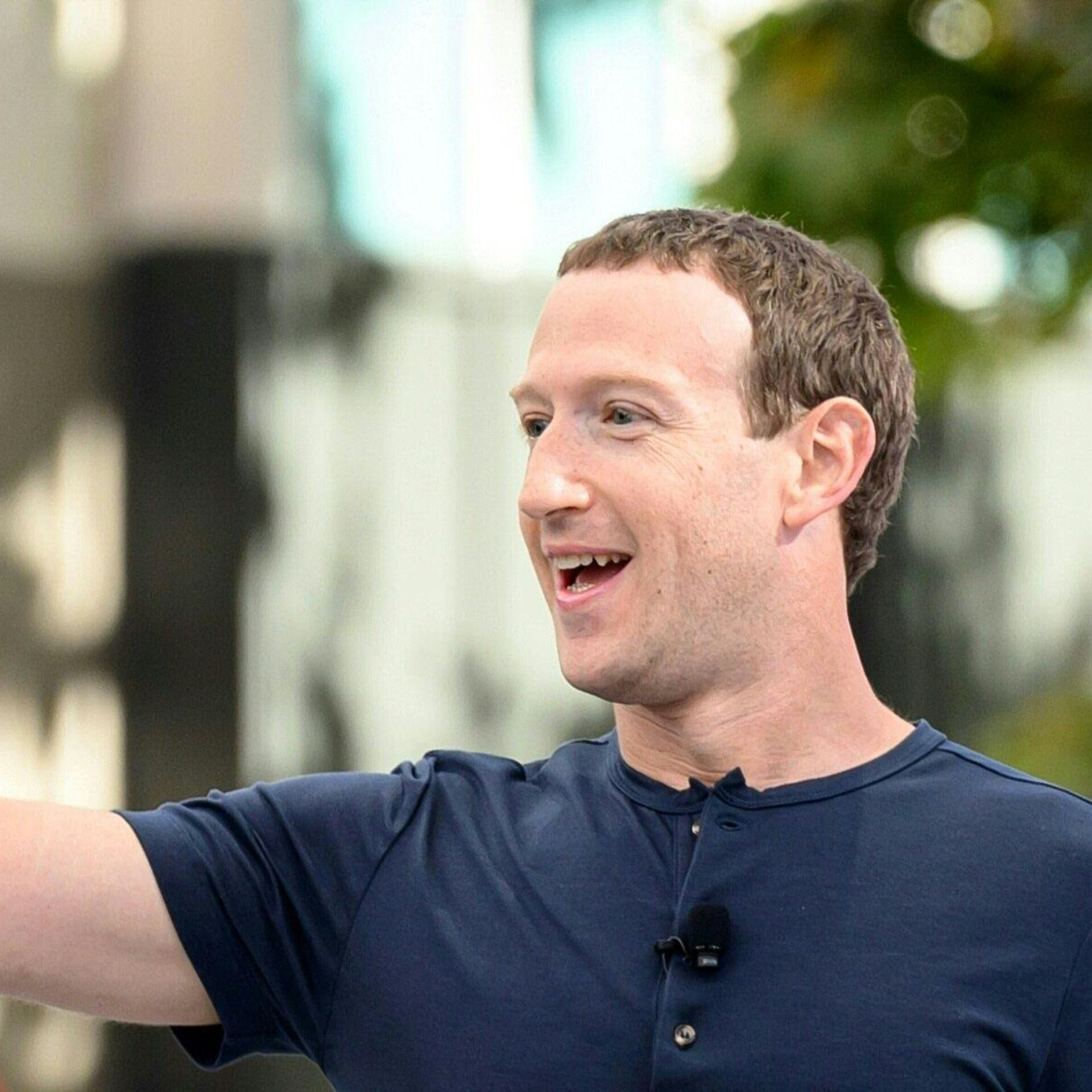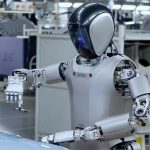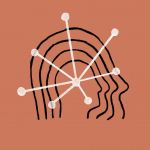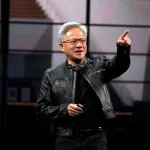Zuckerberg poached 3 top OpenAI researchers for $100 million

The epic battle for talent continues. And Zuckerberg is poaching elite researchers from OpenAI! Mark made a real strategic move and lured 3 outstanding specialists from OpenAI: Lukas Beyer, Alexander Kolesnikov and Xiaohua Zhai.
They all worked in OpenAI’s Zurich office and were considered key figures in the company’s research projects. According to information from reliable sources, Meta’s offer included a compensation package around $100 million. A sum that proved more convincing than OpenAI’s philosophy and culture. The irony of the situation is that just a few days ago I told you that Sam Altman publicly declared his employees’ loyalty. Claiming that, I quote – “the best of ours haven’t left yet”, despite Zuckerberg’s attempts to hire them.
Even earlier, the OpenAI head boasted about the “unique culture” in his company, which allegedly retains talent even in the face of multi-million dollar offers. Reality turned out different. Financial incentives ultimately outweighed the atmosphere created by Altman. $100 million is $100 million.
AIvengo >
Reviews >
Zuckerberg poached 3 top OpenAI researchers for $100 million
Почитать из последнего

UBTech will send Walker S2 robots to serve on China's border for $37 million
Chinese company UBTech won a contract for $37 million. And will send humanoid robots Walker S2 to serve on China's border with Vietnam. South China Morning Post reports that the robots will interact with tourists and staff, perform logistics operations, inspect cargo and patrol the area. And characteristically — they can independently change their battery.

AI chatbots generate content that exacerbates eating disorders
A joint study by Stanford University and the Center for Democracy and Technology showed a disturbing picture. Chatbots with artificial intelligence pose a serious risk to people with eating disorders. Scientists warn that neural networks hand out harmful advice about diets. They suggest ways to hide the disorder and generate "inspiring weight loss content" that worsens the problem.

OpenAGI released the Lux model that overtakes Google and OpenAI
Startup OpenAGI released the Lux model for computer control and claims this is a breakthrough. According to benchmarks, the model overtakes analogues from Google, OpenAI and Anthropic by a whole generation. Moreover, it works faster. About 1 second per step instead of 3 seconds for competitors. And 10 times cheaper in cost per processing 1 token.






